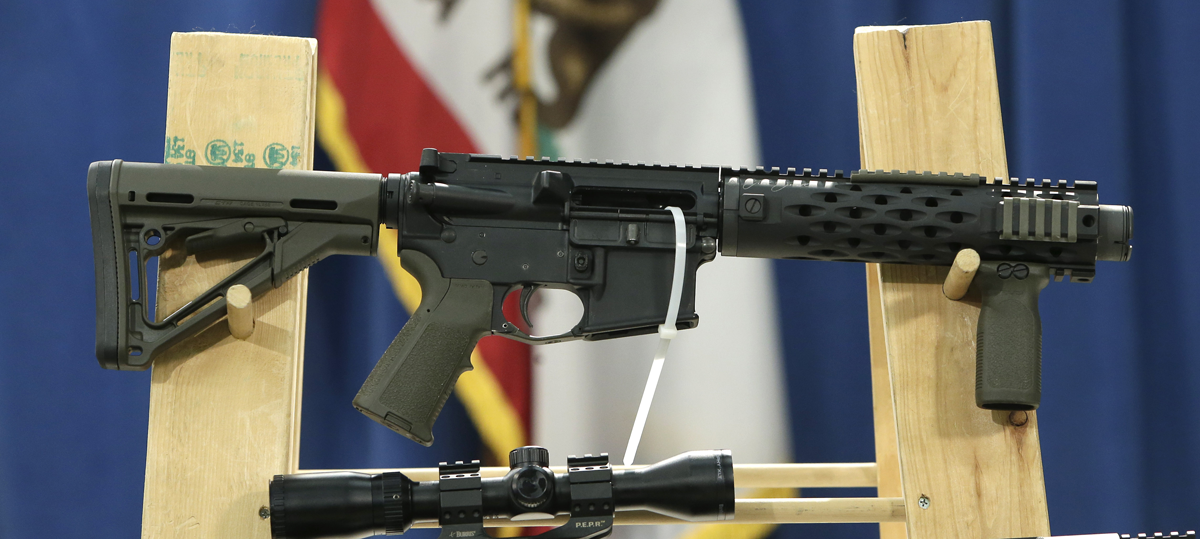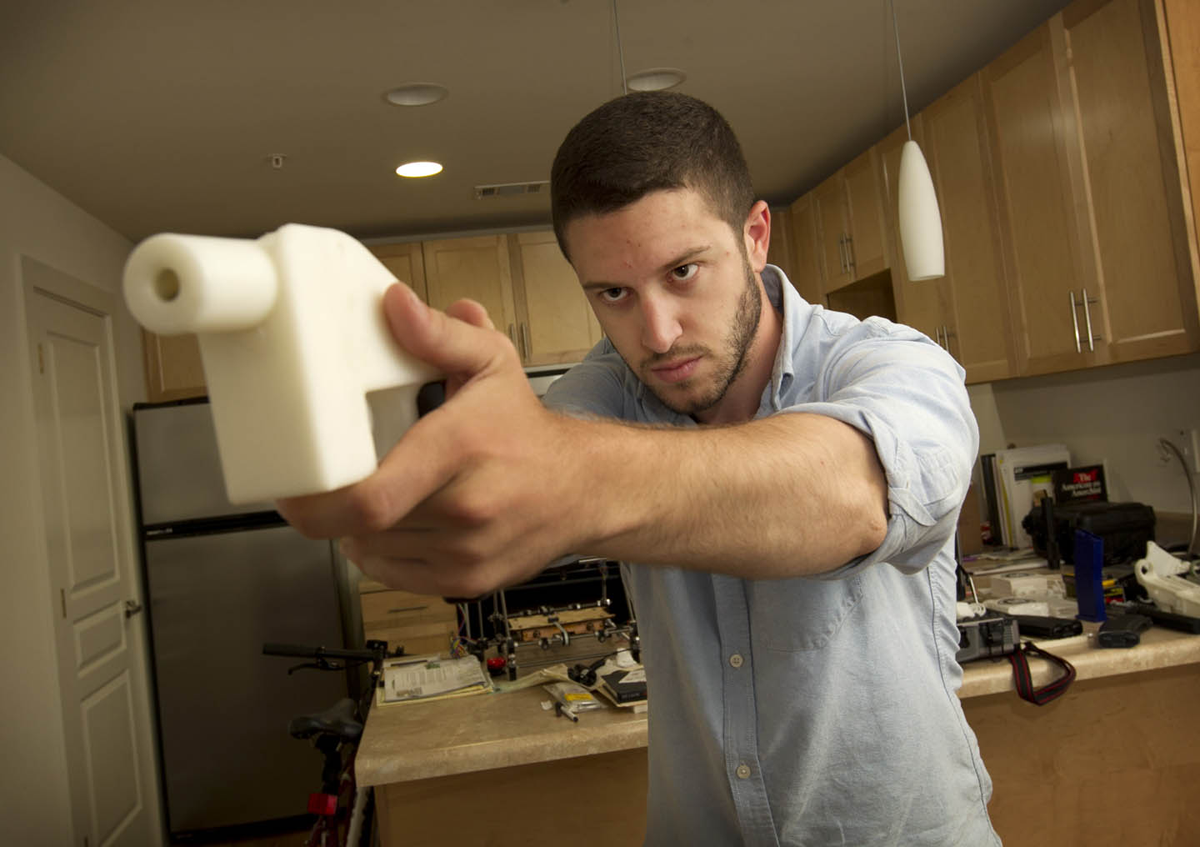This weekend saw a number of historic bills signed by the California state legislature, which are all on their way to Governor Jerry Brown’s desk to await his signature before being made into law. In the wake of the Elliot Rodgers massacre that occurred in May of this year, the senate passed Assemblywoman Nancy Skinner’s Assembly Bill 1014, which allows family members of a person displaying signs of violence and mental instability to petition a court for a restraining order that gives police the power to take away their guns. Also passed was a bill that could be controversial to some members of the 3D printing community, Senate Bill 808.

Introduced by Kevin de Leόn (D-Los Angeles), SB-808 is similar to the federal Undetectable Firearms Act backed by Rep. Steve Israel last year, in that it requires all home-made firearms to include a permanent metal component so that it can be seen by metal detectors. The bill also mandates that these weapons be registered with the Department of Justice with a unique serial number and a gun owner background check. In announcing the bill, de Leόn lamented the limitations of the Undetectable Firearms Act and argued for its expansion at the state level.

de Leόn believes that SB-808 will make it more difficult for incidents like last year’s shooting spree in Santa Monica to take place. Last June’s tragedy saw John Zawahri, after being barred from purchasing a firearm in California due to mental health issues, craft his own military assault rifle and killed five people in the beach city. Though the bill isn’t limited to 3D printing technology, according to the senator’s website, SB-808 was written with 3D printed firearms in mind:
The Undetectable Firearms Act of 1988 (UDF) was written before plastic functioning guns were available. While some lawmakers pushed for amendments recognizing the developing 3D printing threat, the extension of the law was passed unchanged. The UDF does not require that metal pieces in guns be permanent, so an individual could smuggle a three-dimensionally printed plastic gun through a metal detector and onto a plane by simply removing any detectable components.
The “ghost gun” bill, as it’s been called, has the potential to upset some enthusiasts of 3D gun printing, as it renders gun printing illegal, if the firearm is not registered with the DOJ. Because guns can already be purchased pretty readily in California, 3D printing one would be performed, either as a means of engineering and artistic exploration or to produce a firearm without the state’s knowledge. If home manufacturers are interested in printing one for exploratory purposes, the law simply ensures that they pass the same background checks as they would when purchasing one from an authorized retailer. It does not regulate the practice of printing a gun itself, one of the major concerns with Rep. Israel’s legislation, but attempts to ensure that any homemade gun cannot be used for illegal purposes. (To learn a great deal more about the bill, Sen de Leόn explains what the law covers in the twenty minute press conference below.)
For this reason, I don’t, personally, have a problem with the legislation, as it regulates home firearm manufacturing and not the practice of 3D printing itself. The law is only a minor step towards preventing such acts of mass violence that have occurred in recent years and, so, should probably be more offensive to gun control advocates than to 3D printing advocates. Either way, it still hasn’t been signed by the governor, so it may not even pass. If you’re unsure as to how you feel about SB-808, you can head over to the state’s law database and see what you think.
While you’re there, you might check out some of the other groundbreaking bills that made it through the legislature, including the “yes means yes” measure, which requires affirmative consent as the standard for consensual sexual activity in sexual assault investigations; a law requiring most employers to give three paid sick days a year to employees; a bill granting the state the power to regulate the amount of water drawn from underground, to fight the record drought faced by California; and a state-wide ban on single-use plastic bags, to reduce pollution and the reliance on oil to produce such bags.



